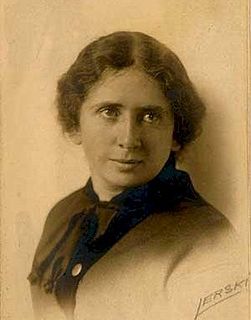Top 28 Quotes & Sayings by Rose Schneiderman
Explore popular quotes and sayings by a Polish activist Rose Schneiderman.
Last updated on November 18, 2024.
What the woman who labors wants is the right to live, not simply exist — the right to life as the rich woman has the right to life, and the sun and music and art. You have nothing that the humblest worker has not a right to have also. The worker must have bread, but she must have roses, too. Help, you women of privilege, give her the ballot to fight with.






















